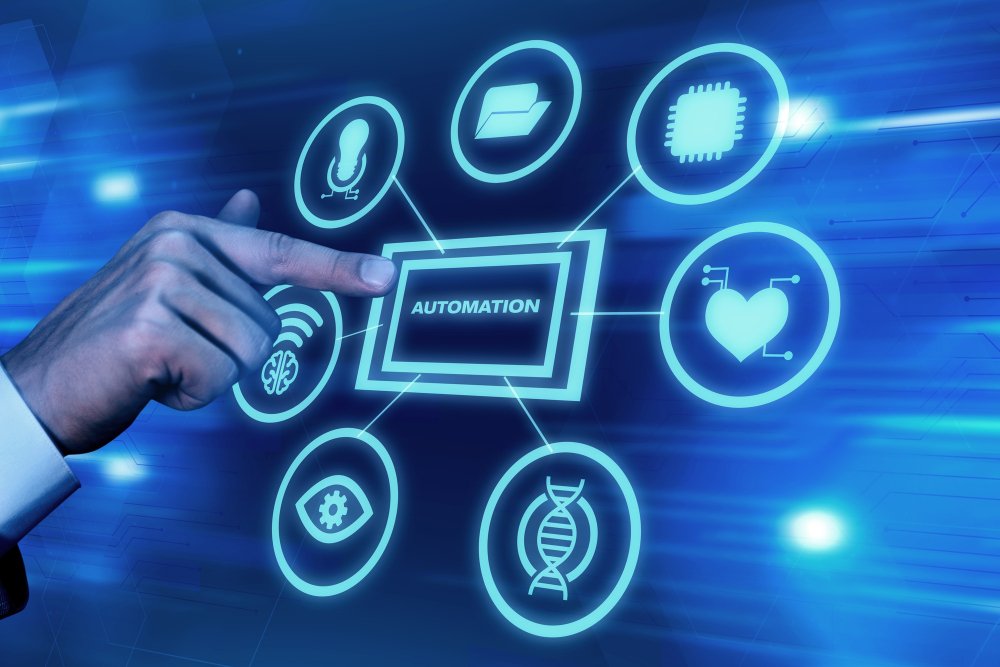
Introduction
The rapid advancement of digital health technologies is transforming the way individuals manage chronic conditions, particularly diabetes. Across the globe, and increasingly within low- and middle-income countries, digital innovation is ushering in a paradigm shift in the prevention, monitoring, and treatment of diabetes. These tools are not only revolutionising healthcare delivery but also empowering patients to take charge of their own health, enabling more informed, personalised, and efficient care.
Diabetes is a chronic metabolic disorder that affects how the body uses glucose (blood sugar), the primary source of energy for the body’s cells. Carbohydrates consumed in the diet are converted into glucose, which enters the bloodstream. Insulin a hormone produced by the pancreas facilitates the uptake of glucose from the blood into cells.
In Type 1 diabetes, the immune system mistakenly attacks and destroys insulin-producing cells in the pancreas, leading to little or no insulin production. As a result, glucose accumulates in the bloodstream. Conversely, Type 2 diabetes is primarily due to insulin resistance where the body's cells do not respond effectively to insulin. Initially, the pancreas compensates by producing more insulin, but over time, this response diminishes, resulting in persistent hyperglycaemia (high blood sugar).
If left poorly managed, diabetes can lead to a range of complications including cardiovascular disease, kidney failure, neuropathy (nerve damage), vision loss, and lower-limb complications. Hence, effective diabetes management encompassing medication, lifestyle modifications, regular blood glucose monitoring, and ongoing medical care is essential to prevent or delay these adverse outcomes.
This blog explores the transformative role of digital innovations in diabetes care and the use of mobile health technologies to support self-management and behavioural change.
Digital Innovations in Diabetes Self-Care
Contemporary digital platforms for diabetes management range from mobile applications to smart wearables, web portals, and voice-responsive systems. These tools are enhancing access, personalisation, and efficiency of care. Key innovations include:
A. Continuous Glucose Monitors (CGMs)
CGMs have been a game changer in diabetes care. Unlike traditional finger-prick tests, CGMs provide real-time, continuous data on blood glucose levels throughout the day and night. A small sensor is inserted beneath the skin, which measures glucose in the interstitial fluid and transmits the data to a monitor or smartphone.
Key benefits:
These insights empower individuals to adjust their lifestyle, medication, and dietary choices in real-time.
B. Insulin Pumps and Smart Pens
Insulin pumps deliver a continuous subcutaneous infusion of insulin, closely mimicking natural pancreatic activity and reducing the need for multiple daily injections. Smart insulin pens connect with mobile apps to log doses, timing, and frequency, helping users and clinicians monitor adherence and make accurate dosage adjustments.
These tools simplify the management of insulin therapy and improve glycaemic outcomes.
C. Mobile Health Apps for Diabetes Management
Numerous mobile apps support diabetes self-management by tracking blood glucose, carbohydrate intake, physical activity, and medication adherence. Many apps integrate with CGMs and insulin devices, providing a comprehensive overview and enabling better decision-making.
Some well-known platforms also offer tailored education, motivational prompts, and trend analytics to support behaviour change.
D. Telemedicine and Virtual Care
Telemedicine has drastically improved access to diabetes care, particularly in remote or underserved areas. Through virtual consultations, patients can receive timely support, medication adjustments, and lifestyle counselling from their healthcare provider without the need for in-person visits.
This model is especially helpful for those with mobility challenges or time constraints, ensuring continuity of care while reducing barriers.
Digital and Mobile Health Interventions for Behaviour Change
Beyond medical monitoring, digital health tools are playing a crucial role in driving positive health behaviours. From SMS reminders and voice calls to smartphone apps and wearable tech, digital platforms are being used to:
Since the launch of the first iPhone in 2008, the prevalence and sophistication of smartphone apps have grown rapidly. Many apps now passively collect health data such as sleep patterns, mobility, social interaction, and more allowing for intelligent feedback loops that can anticipate and support individual health needs.
Crucially, these tools can operate independently or serve as adjuncts to professional care. For example, behavioural interventions delivered via apps have been shown to improve self-monitoring habits, support cue-based behavioural change, and connect users to peer or professional support.
Conclusion
Innovative digital technologies are revolutionising the way diabetes is managed shifting the focus from reactive treatment to proactive, patient-led care. Tools like CGMs, insulin pumps, health apps, and telemedicine platforms not only enhance convenience and precision but also empower individuals to take ownership of their health.
As mobile and digital health solutions become more widespread and accessible, it is vital to leverage these tools to deliver personalised, equitable, and sustainable care. By embracing these innovations, healthcare systems can improve clinical outcomes and quality of life for people living with diabetes ultimately supporting healthier, more informed communities.
Do you use any digital tools in managing your diabetes or supporting someone who does? We would love to hear your experiences share your thoughts in the comments below!
Share This News